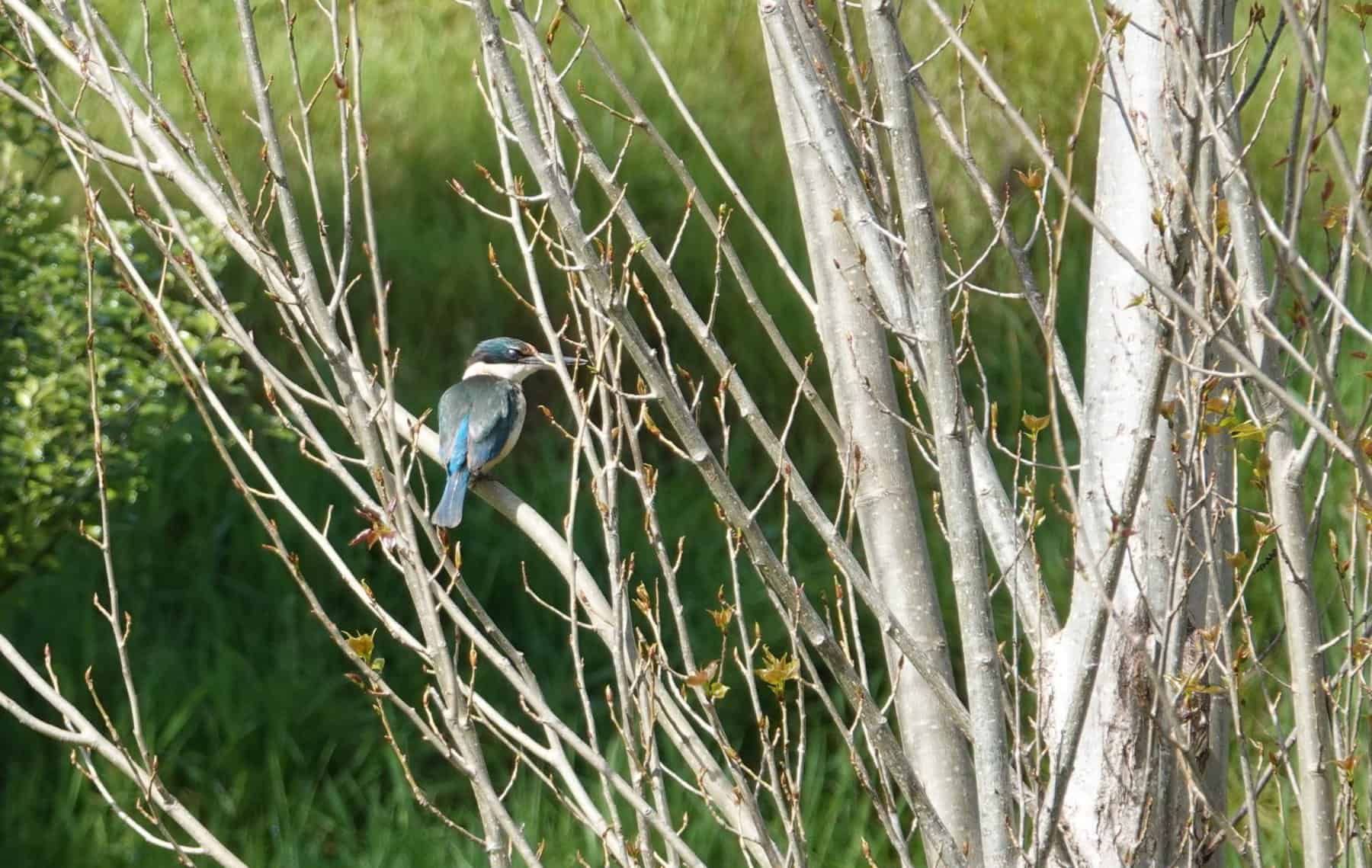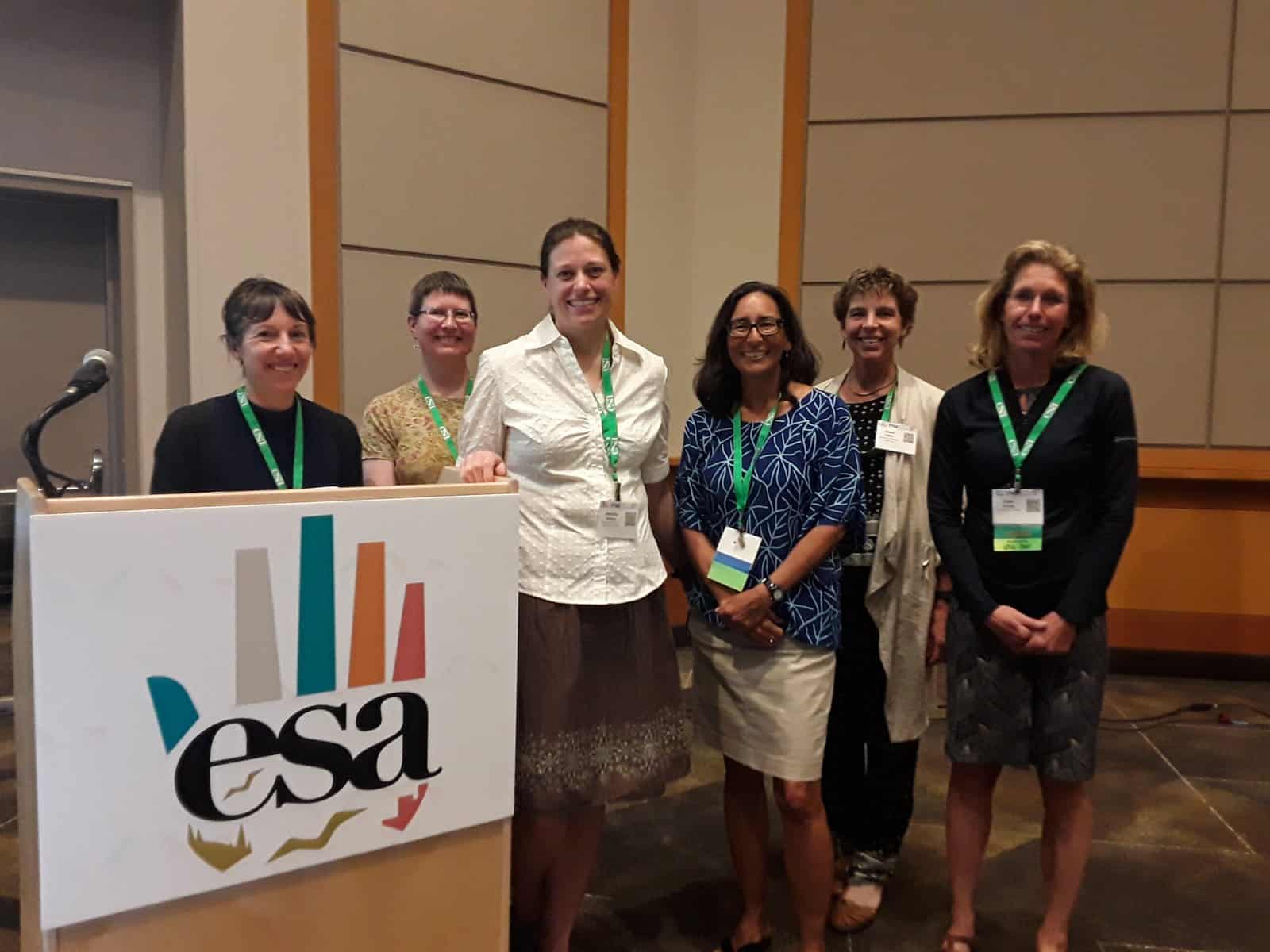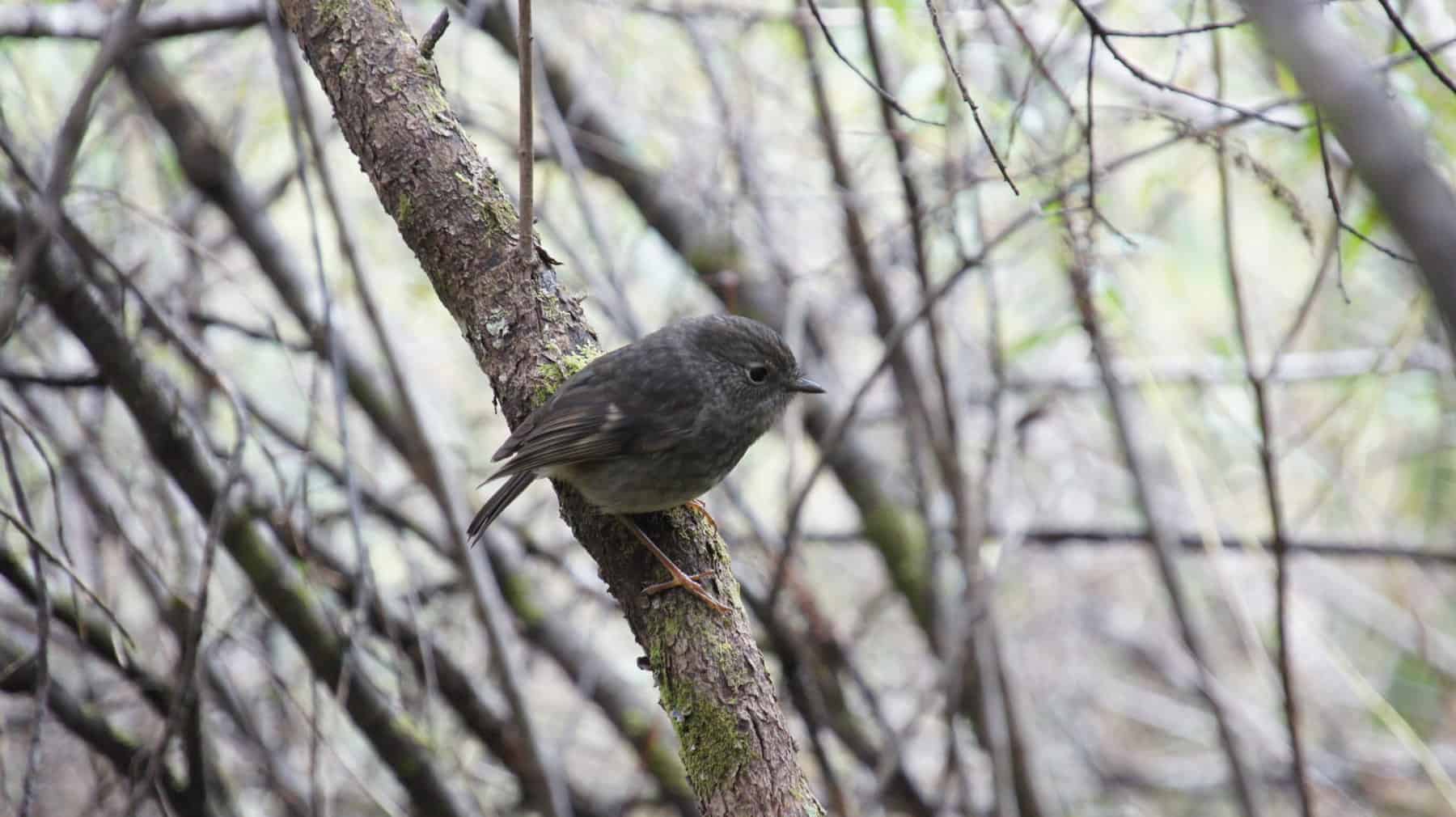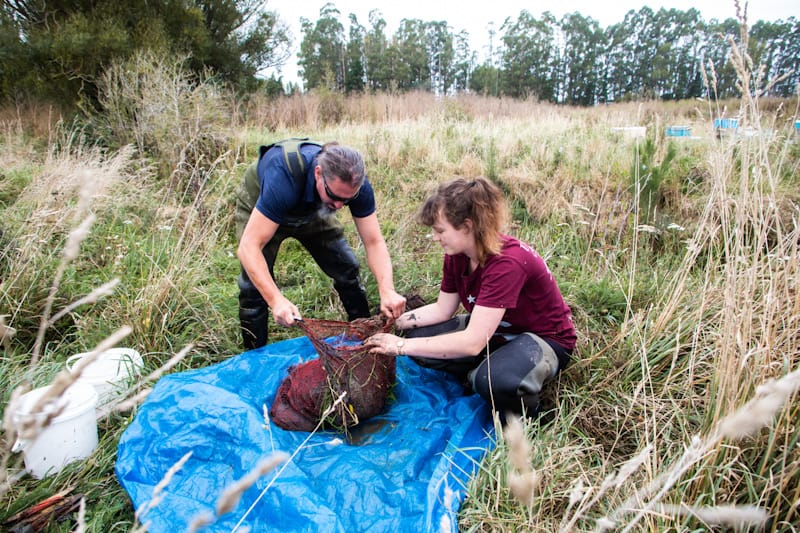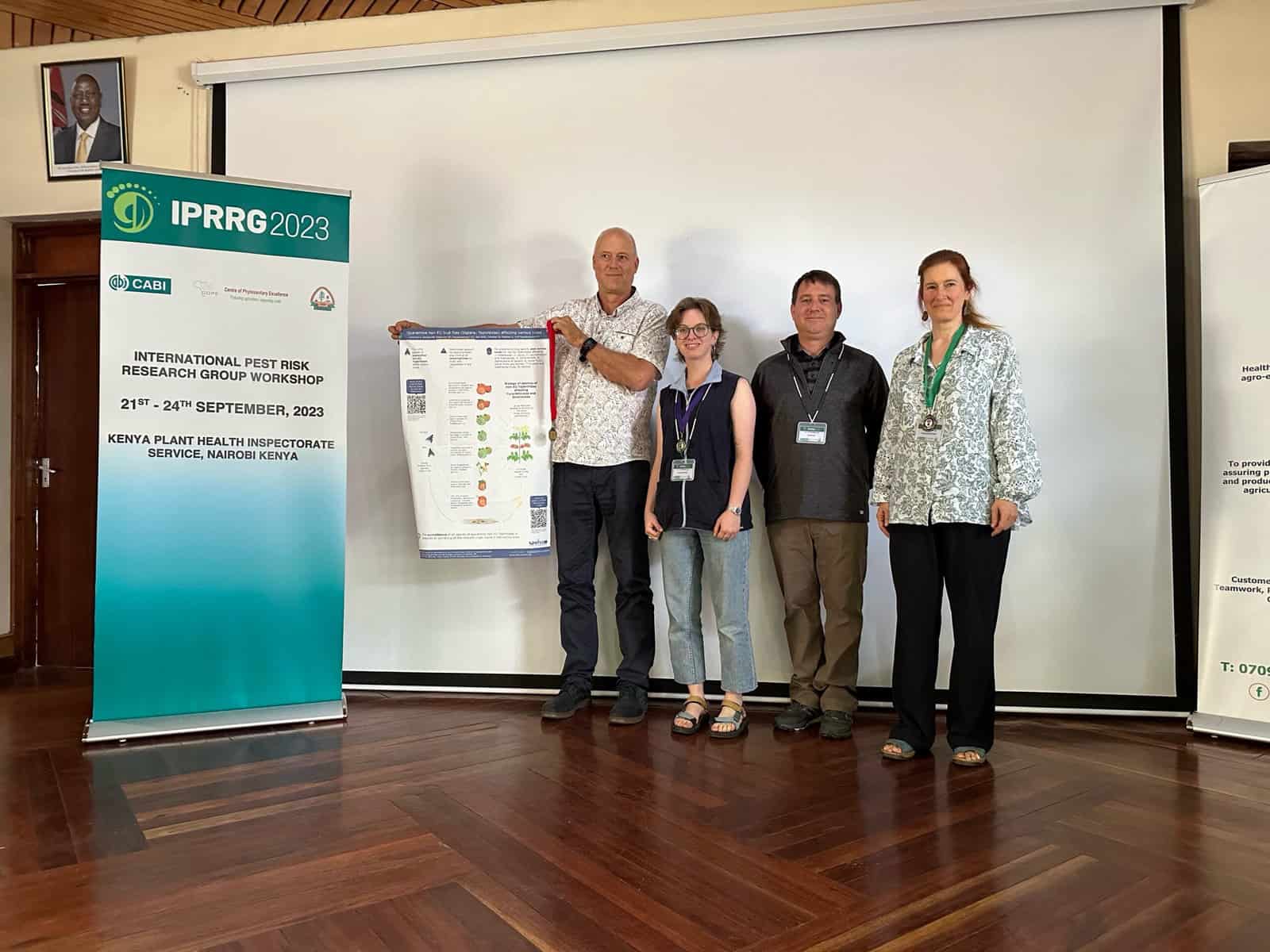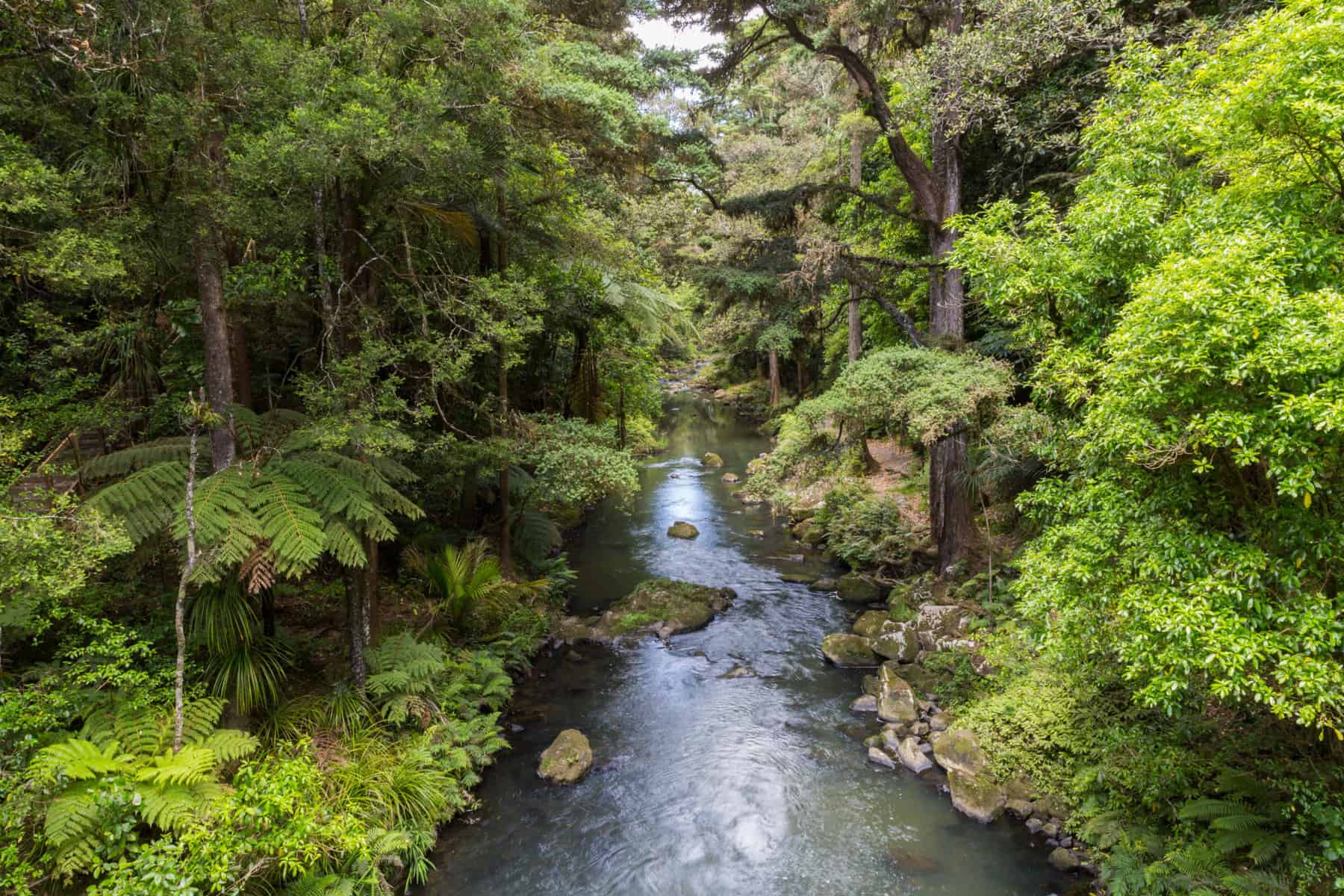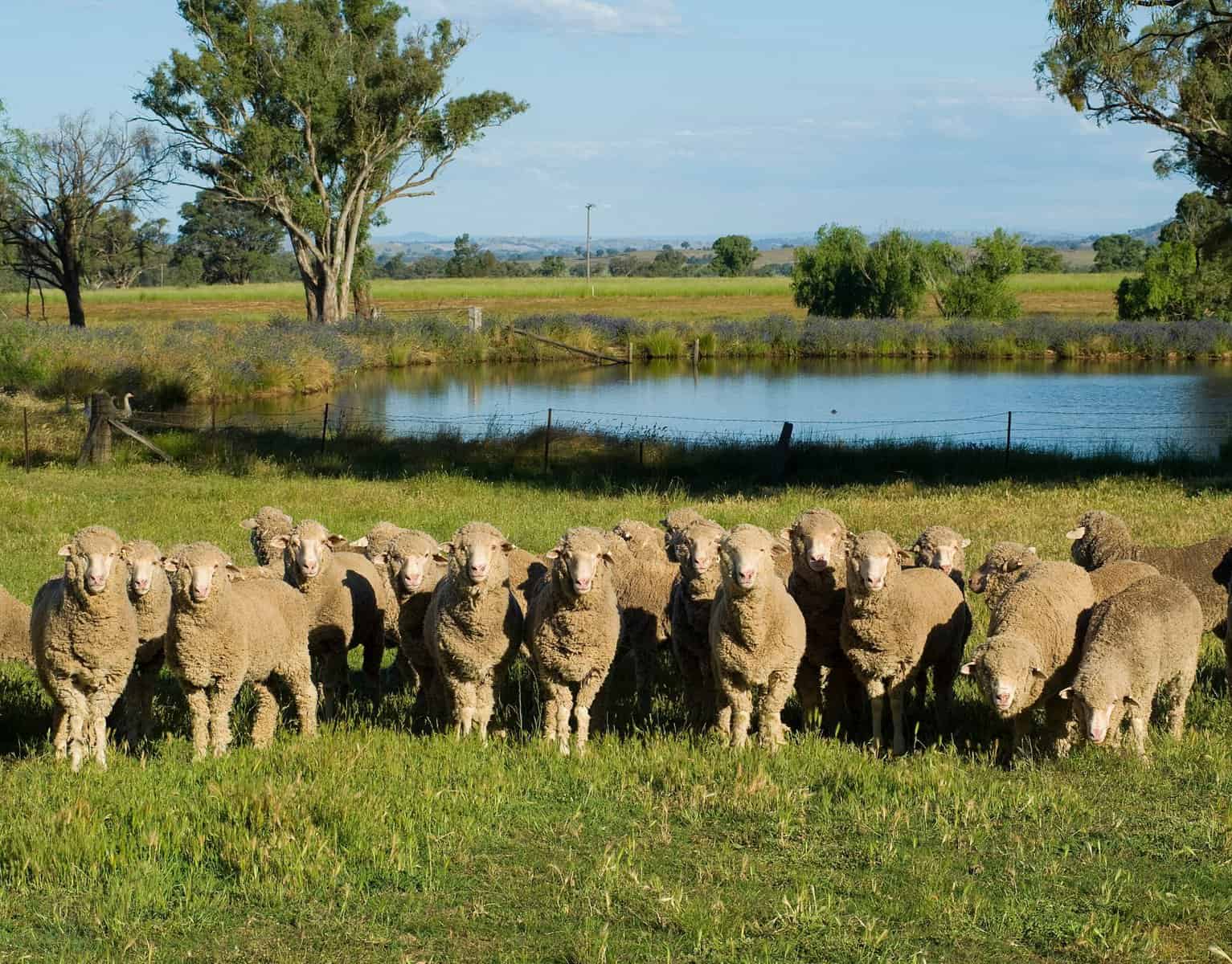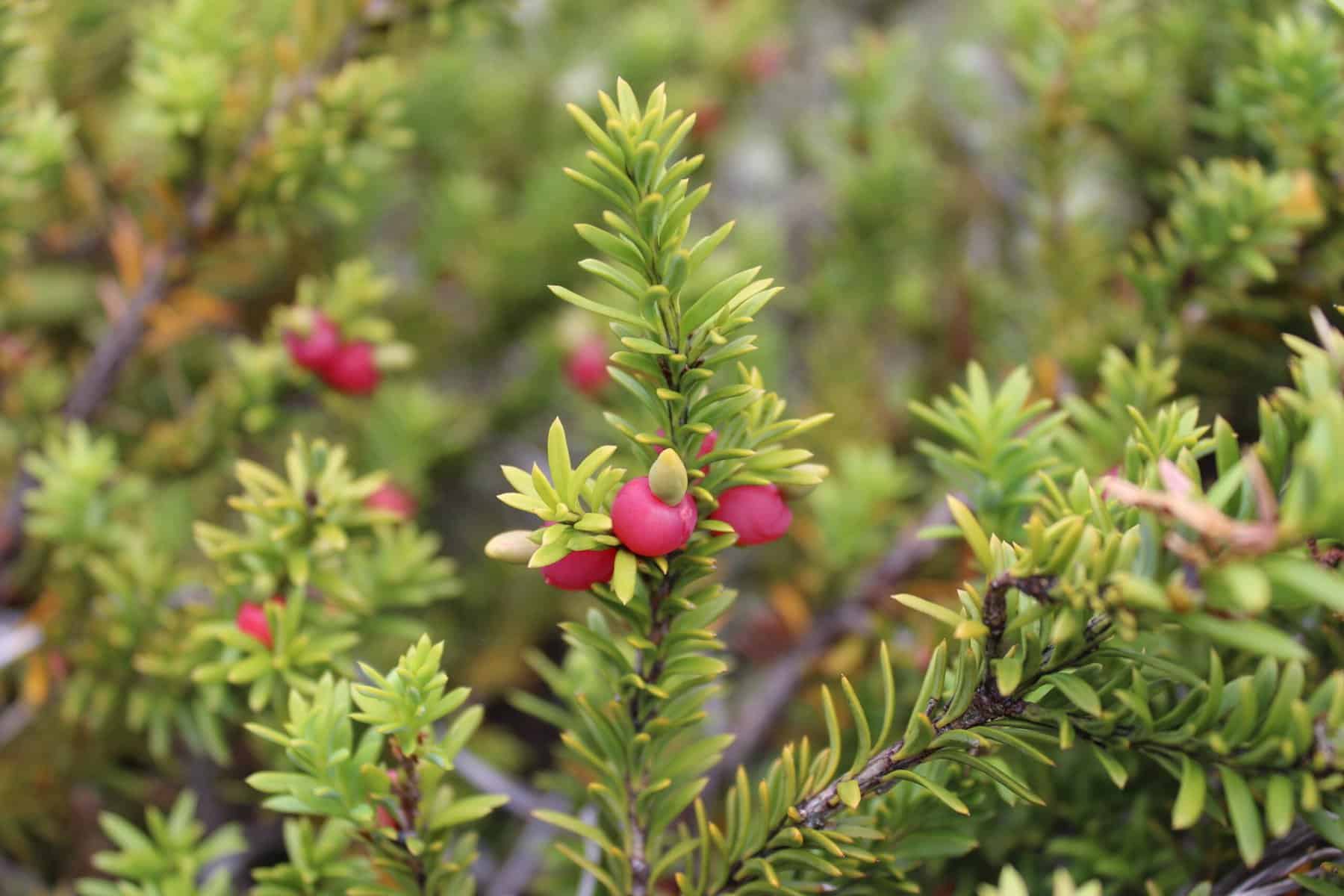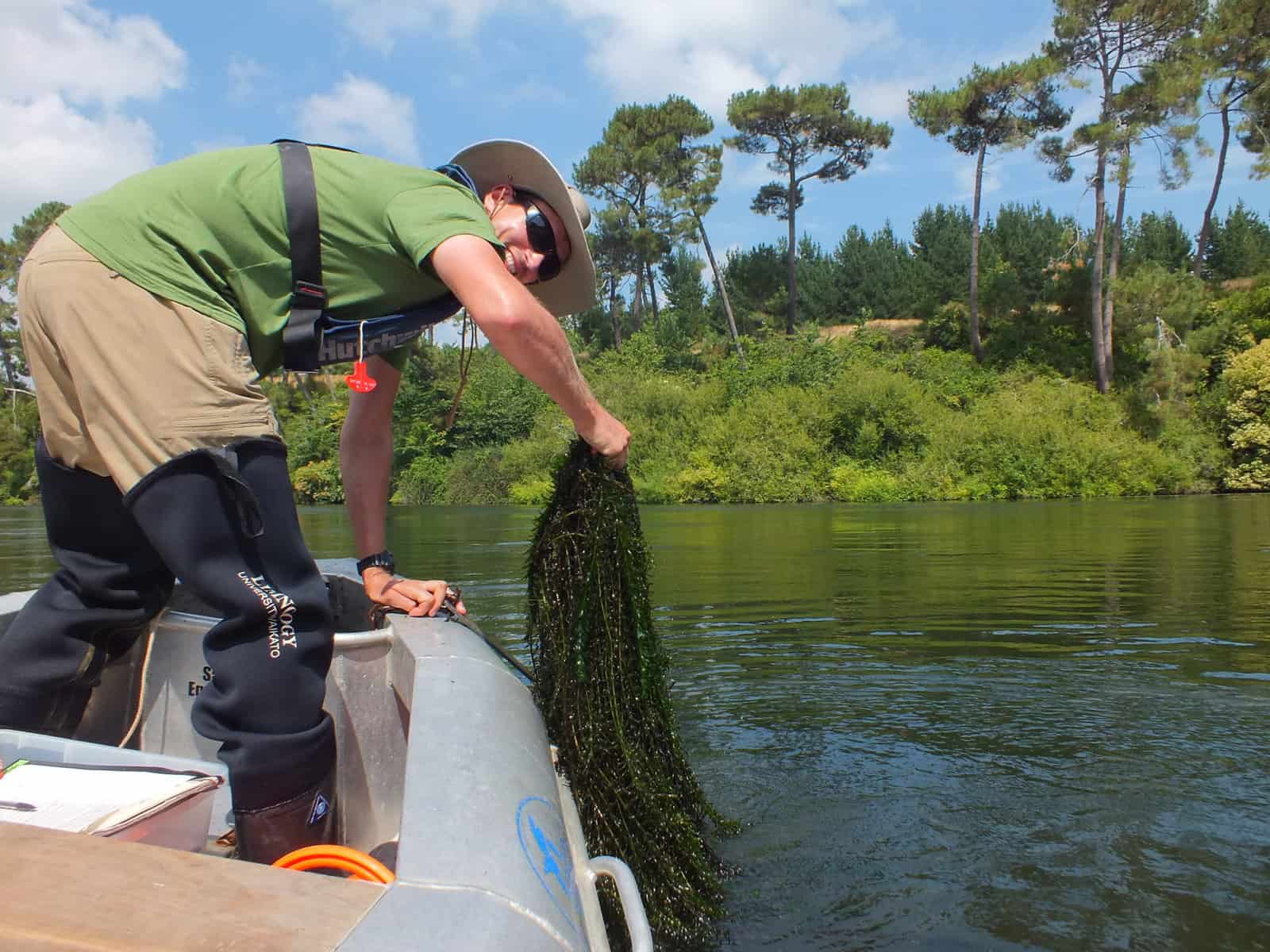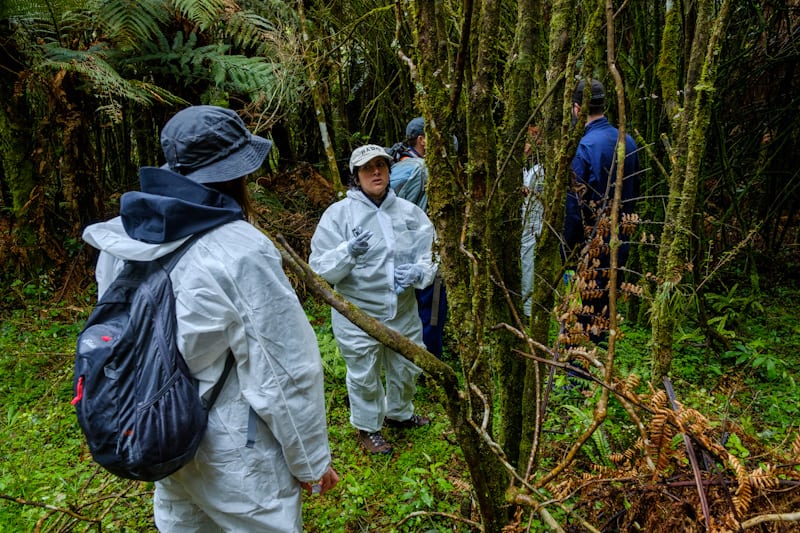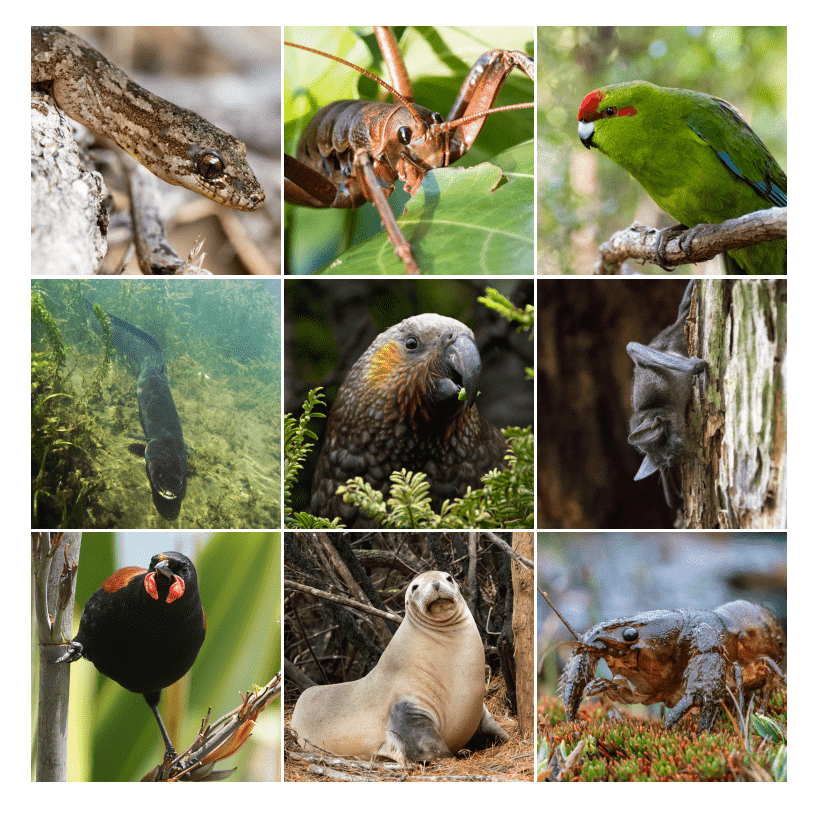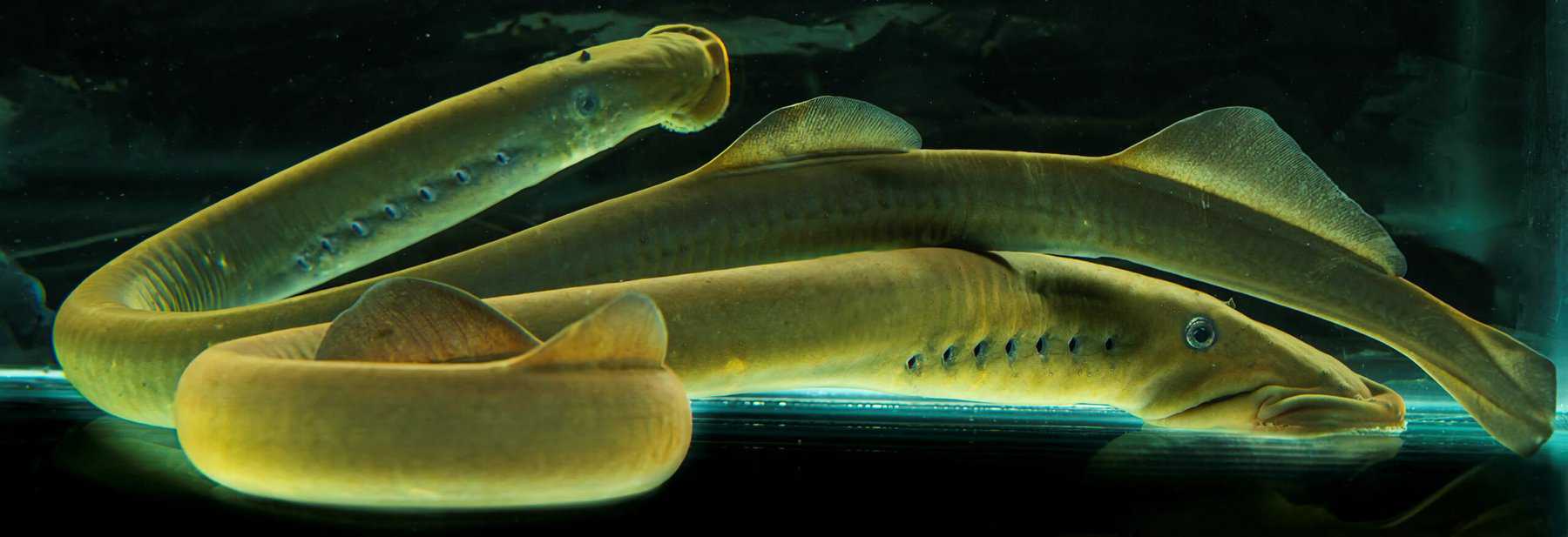How do Scientists Understand Myrtle Rust?
Conversations with six myrtle rust experts from Scion, Plant and Food and Beyond Myrtle Rust Commissioned by Centre for Indigenous Psychologies, and He Taonga Kē…
Troubling travellers: are ecologically harmful alien species associated with particular introduction pathways?
Prioritization of introduction pathways is seen as an important component of the management of biological invasions. We address whether established alien plants, mammals, freshwater fish…
An overview of introduced predator management in inhabited landscapes.
We describe the rise of community predator control and large landscape projects aspiring for a ‘Predator Free New Zealand’, and how such an aspiration must…
Fire–vegetation feedbacks and alternative states: common mechanisms of temperate forest vulnerability to fire in southern South America and New Zealand
For two regions, we address the following questions: 1. What are the major plant species, physiognomic types and functional types characteristic of pyrophytic versus pyrophobic…
Predicting and Assessing Progress in the Restoration of Ecosystems
We present here the rationale and a method for predicting the trajectory of restoration and assessing its progress toward a predetermined state, the endpoint, using…
Susceptibility of native New Zealand Myrtaceae to the South African strain of Austropuccinia psidii: A biosecurity threat
Austropuccinia psidii, the cause of myrtle rust, has spread globally where Myrtaceae occur. Multiple strains of A. psidii have been identified, including a unique strain found…
Protected, Restored, Connected
Online Presentations from Eco-index given at Crazy & Ambitious 3, 24 May 2022 1) John Reid (Ngāti Pikiao, Tainui; JD Reid Ltd) and Penny Payne…
Kauri Rescue Story Map
The Kauri Rescue Story Map is an interactive experience that tells the story of how scientists have worked with mana whenua and communities in Kauri…
Understanding divergent perspectives on introduced trout in Aotearoa: a relational values approach
To make coherent and just choices about introduced species management in postcolonial contexts such as Aotearoa, a nuanced understanding of human relationships to introduced species…
Sexual and asexual propagation of Syzygium maire, a critically endangered Myrtaceae species of New Zealand
Syzygium maire (swamp maire) is an endemic New Zealand Myrtaceae tree species. Current threats to this species include habitat destruction, myrtle rust, declining remnant populations…
Weather associated with myrtle rust on the North Island east coast
The aim of this study was to use a modelling approach to examine winter temperatures in New Zealand, particularly on the east coast of the…
Restoring nature together: Pathways to Ecosystem Regeneration brochure
Successes, challenges, and finding better ways. Our team members have expertise in ecology, sociology, environmental politics, mātauranga and environmental restoration. Our programme originates within…
Following Rapoport’s Rule: the geographic range and genome size of bacterial taxa decline at warmer latitudes
We sought to test whether stream bacterial communities conform to Rapoport’s Rule, a pattern commonly observed for plants and animals whereby taxa exhibit decreased latitudinal…
Influences of fire–vegetation feedbacks and post‐fire recovery rates on forest landscape vulnerability to altered fire regimes
In the context of ongoing climatic warming, forest landscapes face increasing risk of conversion to non‐forest vegetation through alteration of their fire regimes and their…
Biocultural Hysteresis Inhibits Adaptation to Environmental Change
Indigenous peoples and local communities (IPLC) often use natural resources as both a reason and mechanism for environmental management, yet a number of environmental, social,…
